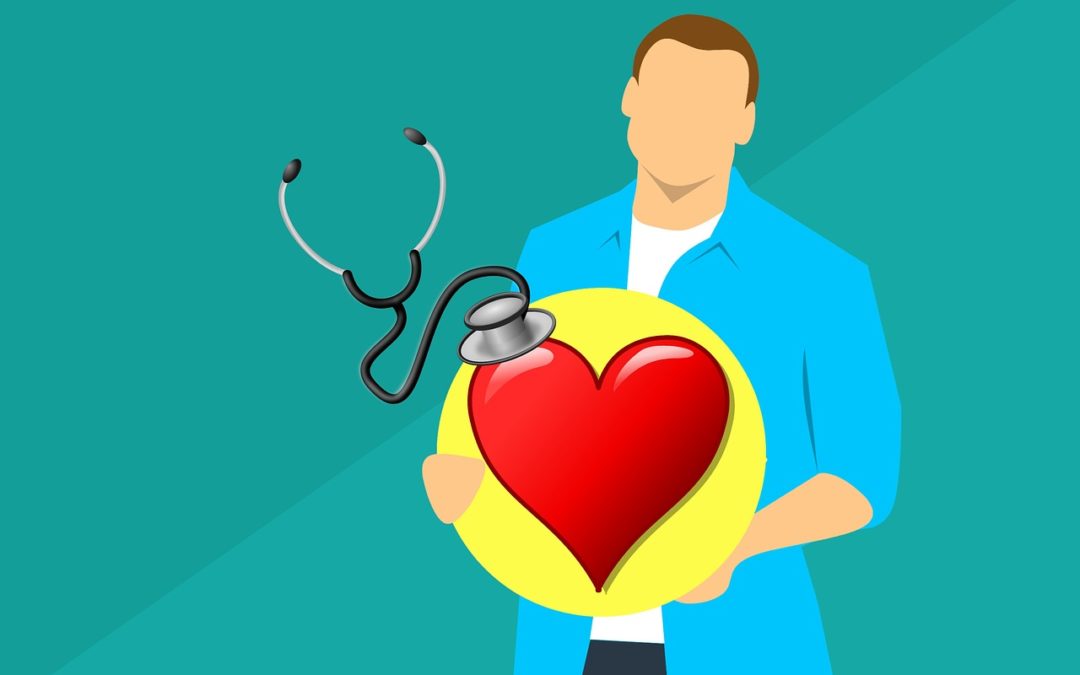What is Exercise is Medicine?
Exercise is Medicine (EIM) is an initiative from the American College of Sports Medicine (ACSM) to make physical assessments and exercise promotion a standard in clinical healthcare. In simple terms, the ACSM wants primary care doctors and healthcare providers to assess and promote exercise to help you become healthier, fight chronic illness, and treat certain diseases.
Why is this important?
Roughly 50% of adults engage in enough physical activity to achieve health benefits, with the percentage even lower for children at 25%. The U.S. spends more than $117 billion per year on health care costs to treat the problems associated with inactivity. Physically active people spend roughly $1500 less per year on health care costs than inactive people. Being inactive can cause many preventable diseases.
How can evidenced-based exercise programs treat disease, illness, and chronic pain?
Our classic understanding of provider-patient relationships, especially when it comes to primary care physicians, generally goes like this.
- The patient has illness/disease/pain.
- The patient sees his or her primary doctor
- The doctor refers the patient to the appropriate care provider or prescribes a treatment such as medication.
This relationship under the Exercise is Medicine initiative does not change. During step three, in some instances, exercise or a referral to an exercise specialist will be included in the treatment plan. Here is a link to a video explaining this process.
Stop for a moment and think –
How many days a week do you engage in moderate or vigorous physical activity?
How many minutes per day are you engaging in physical activity?
Did you know, 150 minutes of cardio, along with two strength sessions per week:
- Improves cognitive function
- Decreases anxiety
- Reduces depressive symptoms
- Decreases risk of dementia
- Reduces markers of inflammation (particularly in people who are overweight)
- Decreases cholesterol
- Decreases blood pressure
- Improves insulin-swings for those with type 2 diabetes
- Improves insulin-sensitivity
- Boosts metabolic rate
- Reverses aging factors in mitochondria and muscles
- Increases bone mineral density (and prevents bone loss)
- Increases muscle mass
- Improves movement control
- Reduces chronic lower back pain
- Decreases arthritic pain
- Reduces pain from fibromyalgia
- Improves balance
By making these improvements, you and your doctor can manage symptoms of chronic illnesses such as:
- Obesity
- Osteoporosis
- Alzheimer’s disease
- Dementia
- Arthritis
- Asthma
- Cancer
- COPD
- Crohn disease
- Cystic fibrosis
- Diabetes
- Epilepsy
- Heart disease
- Mood disorders (bipolar, cyclothymic, and depression)
- Multiple sclerosis
- Parkinson disease
The one question you may ask is, my doctor has always told me to get more exercise, how is EIM any different from that?
The great thing about the EIM initiative is that your doctor can prescribe you to an exercise specialist like a physical therapist or personal trainer, just like they might prescribe you medicine. The exercise specialist can help structure a routine for you, so exercise becomes a part of your daily and weekly activities, just as you would take your prescription medications daily. Ultimately, most know you need to exercise consistently to see changes that last. Sometimes we have a hard time following or sticking to a plan that works. Having an exercise specialist to help keep you on track is an excellent solution to this problem.
The bottom line to the Exercise is Medicine initiative is regardless of your age, race, gender, ability, or health level, sit less and move more. All physical activity counts. Beyond the recommended 150 minutes of weekly exercise the ACSM encourages, begin being more active throughout the day. Being more active will help you feel better and keep chronic conditions under control.

